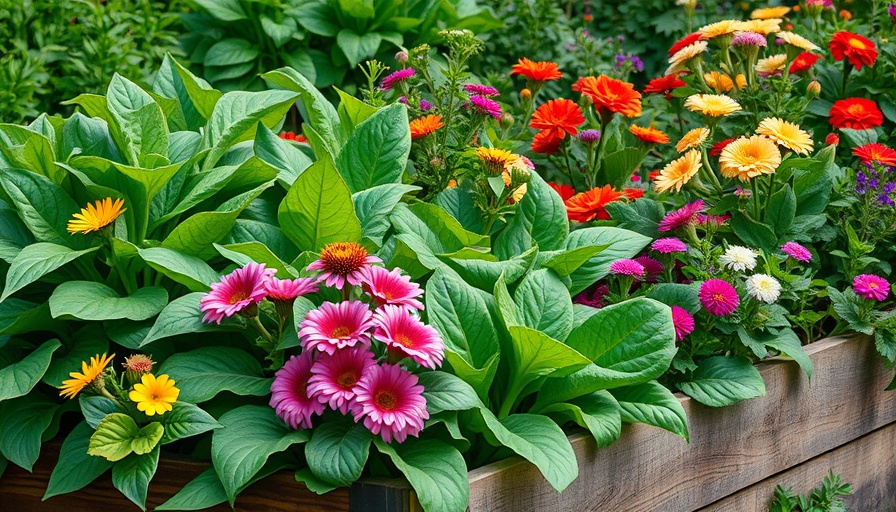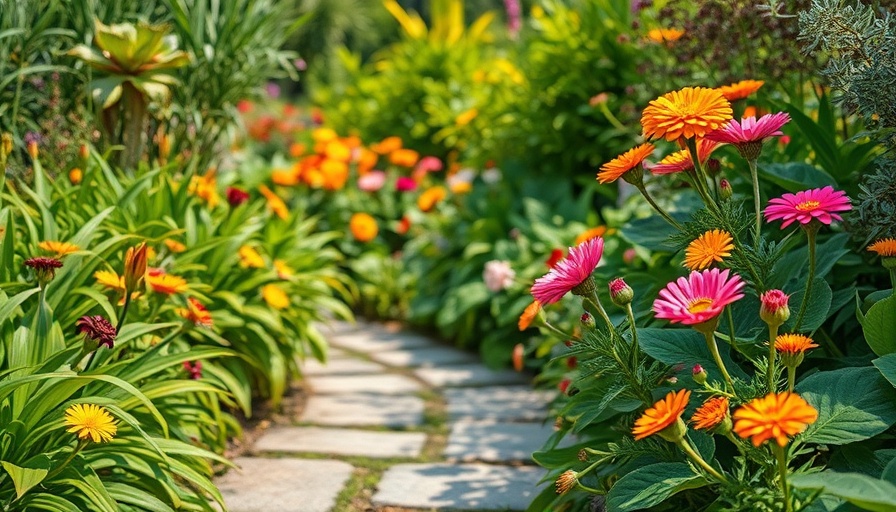
Unlocking the Secrets of Regenerative Vegetable Gardening
If you're a home gardener looking to elevate your vegetable gardening game, you've likely considered sustainability. Regenerative vegetable gardening offers a transformative approach that not only enhances your garden's harvest but also nurtures the environment around it.
Understanding Regenerative Practices
A regenerative vegetable garden emphasizes harmony with nature. This means designing your space to thrive independently, benefiting not just the plants but also the pollinators, good bugs, and other wildlife that interact with your garden. By focusing on principles such as soil health and water conservation, you create an ecosystem that grows resilient vegetables with a small environmental footprint.
Soil Health: The Heart of Your Garden
Healthy soil is the foundation of any successful vegetable garden. It’s a bustling world of microorganisms crucial for growth. Regularly incorporating compost enriches the soil, enhances its structure, and boosts nutrient availability. Rather than disturbing the soil, consider practices like no-till gardening, which encourages the natural ecosystem to flourish.
Water Conservation Techniques to Adopt
Water is a precious resource, and using it wisely is key to a regenerative garden. Implementing techniques such as wicking beds or creating a hügelkultur can significantly reduce the need for frequent watering. These methods not only conserve water but also promote healthier plant growth by ensuring consistent moisture levels.
Choosing the Right Vegetables
When selecting vegetables, think about native and adaptable species that thrive in your local environment. Incorporating companion planting, where certain plants enhance the growth of others, can lead to more productive yields and reduce pests naturally. This practice aligns perfectly with the principles of permaculture, turning your vegetable garden into a thriving ecological hub.
Benefits Beyond the Garden
Engaging in regenerative gardening is not just about at-home benefits; it fosters a greater connection to our ecosystems. As more gardeners embrace these practices, we move towards a collective approach to environmental sustainability. Each small step contributes to a larger goal of nourishing the planet.
In conclusion, regenerative vegetable gardening is accessible and beneficial. Progress, not perfection, is the aim here. Each effort you make in cultivating your garden contributes to both your well-being and that of the earth. Start your journey today and transform your outdoor garden into a regenerative paradise!
 Add Row
Add Row  Add
Add 

 Add Row
Add Row  Add Element
Add Element 




Write A Comment